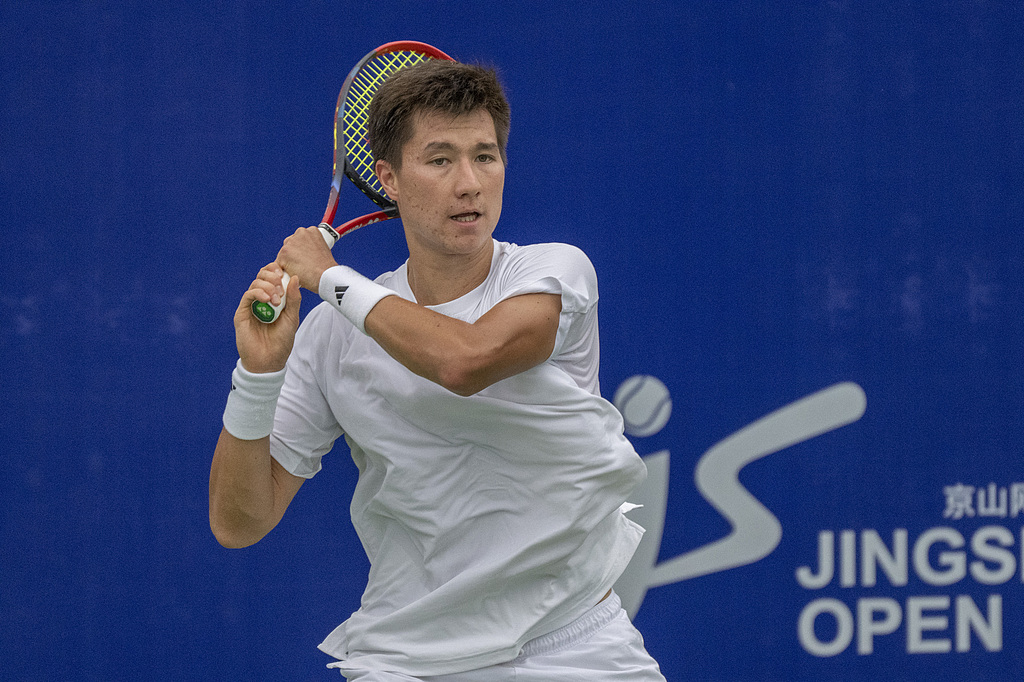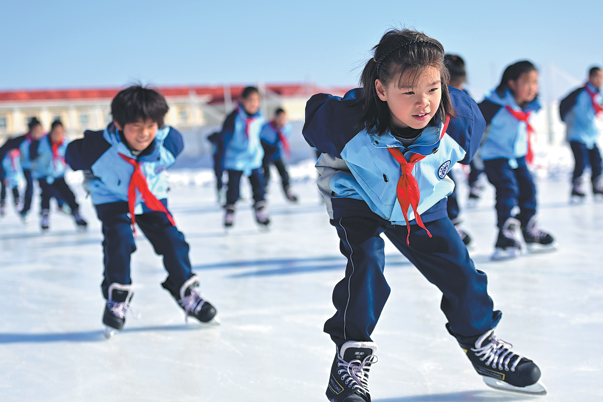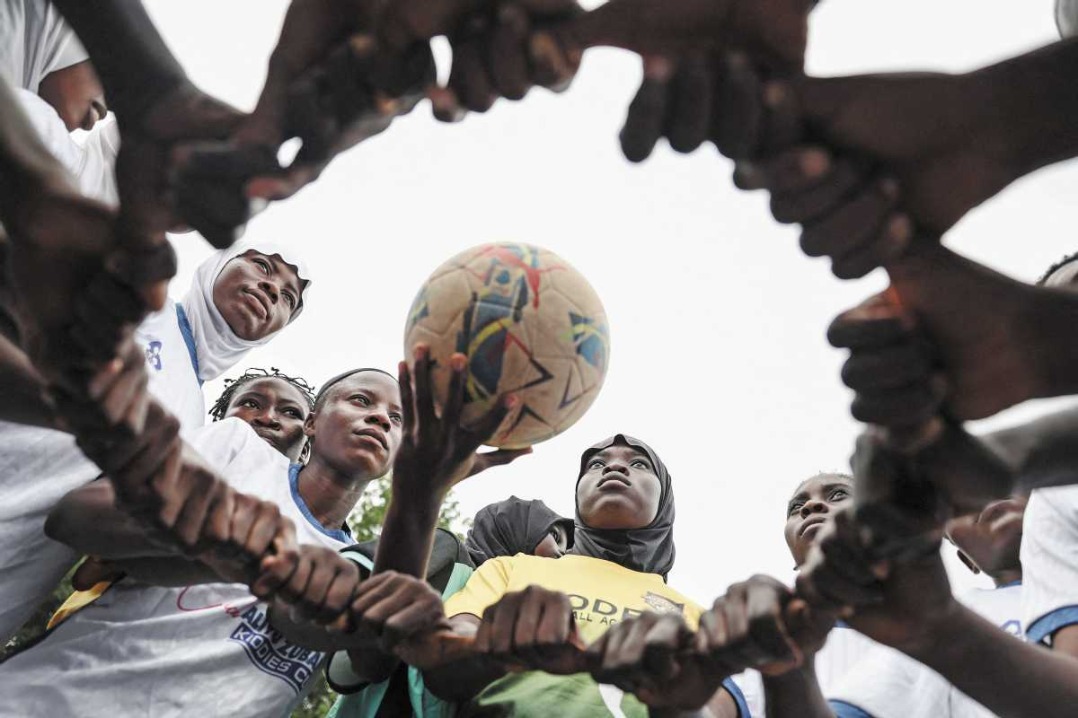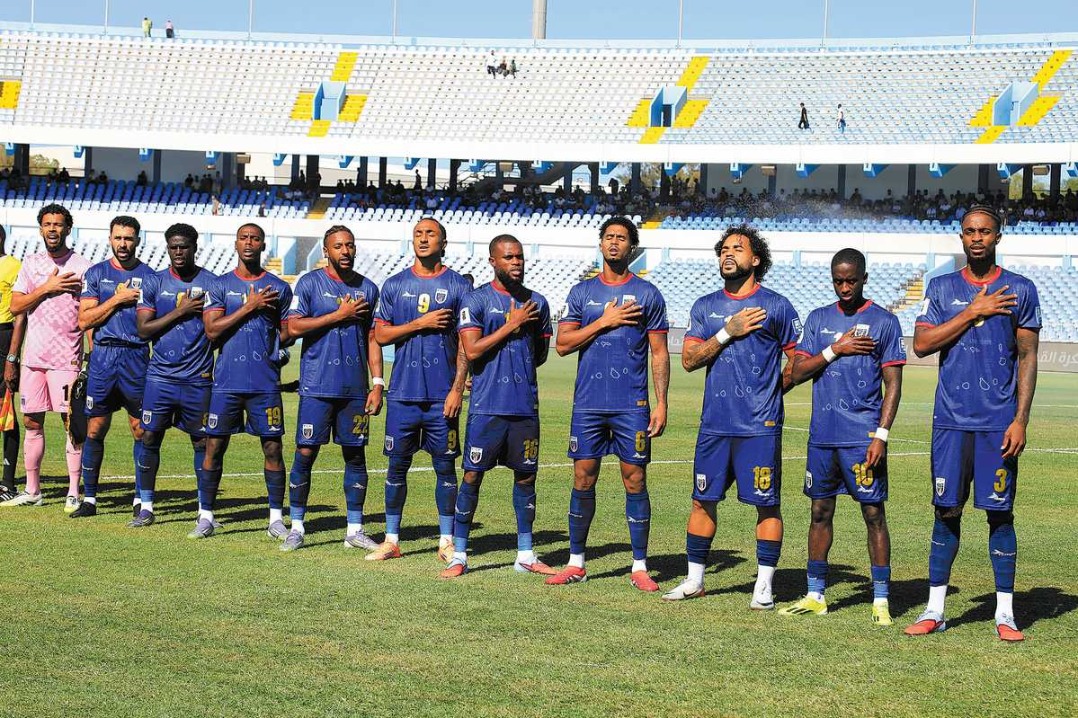Kazakhstan serves notice of its tennis ambitions


ALMATY, Kazakhstan - Walking onto court at the ATP Almaty Open, Beibit Zhukayev feels more than home advantage. "It's always amazing to come home and play a home event," he says. "I try to make the fans proud of me, my parents, my family. There's a lot of work behind me, a lot that I've done in the past ten or fifteen years."
That sense of pride is shared by a growing number of Kazakh players who are now competing regularly on the professional circuit. In a country once better known for wrestling and boxing, tennis has quietly become one of the fastest-developing sports in this corner of Central Asia.
Building from the ground up
When Bulat Utemuratov took over the Kazakhstan Tennis Federation (KTF) in 2007, he inherited little more than a name. "The tennis federation didn't even exist as a legal body," he recalls. "It was bankrupt, with big debts and suspended ITF membership. I had to start from scratch."
Under his leadership, Kazakhstan has invested hundreds of millions of dollars into courts, coaches and junior programs. The federation has built 39 international-standard centers, many with indoor facilities to combat the harsh winters. "We built infrastructure in all 18 regions," Utemuratov says. "Then we created Team Kazakhstan to bring the best juniors together, give them full support, and build a tournament calendar so each age group had enough events."
The results are visible. Kazakhstan now fields competitive Davis Cup and Billie Jean King Cup teams, has a Grand Slam champion in Elena Rybakina, and has established ATP and WTA tournaments on home soil.
But the federation's success has relied heavily on Utemuratov's personal investment - over 200 million U.S. dollars of his own money, by his estimate. That concentration of resources that has raised quiet questions about long-term sustainability once he steps aside.
From imports to homegrown talent
Some critics have dismissed Kazakhstan's rise as reliant on importing players who switched allegiance from Russia - such as Rybakina, and the country's top male player Alexander Bublik - but Utemuratov rejects the idea that this is a shortcut to success.
"Before they came here, they hadn't achieved significant results," he says. "Rybakina was about to quit tennis before we gave her a chance. She's said many times her success is connected to Kazakhstan's support."
Now, however, the federation can point to a pipeline of homegrown talent. "It's definitely becoming more popular," says 17-year-old Amir Omarkhanov. "When I was traveling around the country, there were players, but not many were moving up to the pro tour. Now I can see many of our kids in juniors are moving up. It's nice to see our players competing on big stages."
Omarkhanov credits the federation for clearer pathways. "It's better now. Players can see how the system works - what kind of coaches or places suit them. You can even stay in Central Asia and develop here before going to Europe."
That progress is echoed by Alex Shevchenko, who switched allegiance from Russia last year. "My mother is Kazakh, and I always liked being here," he says. "Kazakhstan helped me when others didn't. Every year I see more people getting involved in tennis - new centers, more kids. When I do a masterclass, there's a huge line of kids waiting to play."
A Tournament and a test
For the Almaty Open's tournament advisor, Attila Richter, the city's ATP 250 event has become both a showcase and a proving ground. "We started in 2020 with just six weeks' notice during COVID," he recalls. "Since then it's grown five steps every year."
The event's move from Astana to Almaty in 2024 has also given it a bigger stage and audience. "Almaty is the economic center of the country," Richter says. "More people, more companies, more flights - it just made sense."
He credits the federation's consistency for the tournament's professional reputation. "They've built 16 regional centers, hundreds of coaches, full junior pathways. Honestly, I've seen many federations grow, but Kazakhstan's progress is extraordinary. They just have to keep the momentum."
Global recognition
Visiting professionals have taken notice. "I have great memories from last year," says 2024 champion Karen Khachanov. "The tournament is organized really well. If you compare it with European ones, for an indoor event, this can be a contender."
Kazakhstan's success stories -- Rybakina, Bublik, and a growing cast of young players -- are reshaping the country's sporting identity. "It's phenomenal," Shevchenko says. "Every year we're seeing big improvements, and I think we'll keep improving."
Even as tennis climbs to become one of Kazakhstan's most popular sports, Utemuratov remains focused on the long game. "We now have several levels of national teams," he says. "We identify everyone who has potential from an early age and help them grow. Strategically, we stay on the same principles, but it still requires financing."
Whether that system can thrive beyond one man's stewardship is an open question. For now, though, Kazakhstan's rise on the world tennis stage looks less like a temporary surge and more like a lasting serve.
Most Popular
- Kazakhstan serves notice of its tennis ambitions
- No business like snow business
- Verstappen's driving hailed as history in the making
- 2025 FISE World Series wraps up in Shanghai
- CS Asia Championships conclude in Shanghai, success highlights city's growing esports community
- Three of a kind: Aces celebrate latest WNBA title with Las Vegas parade





























